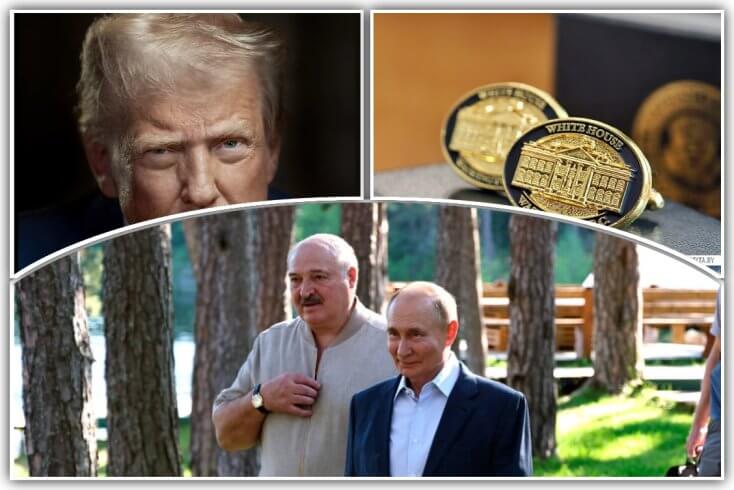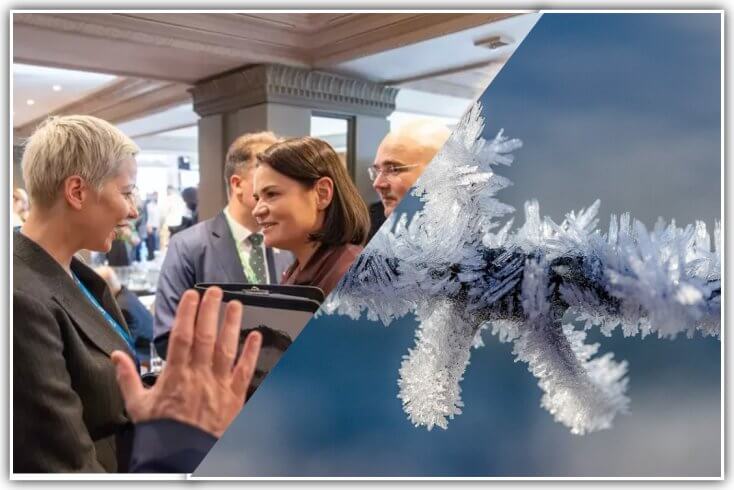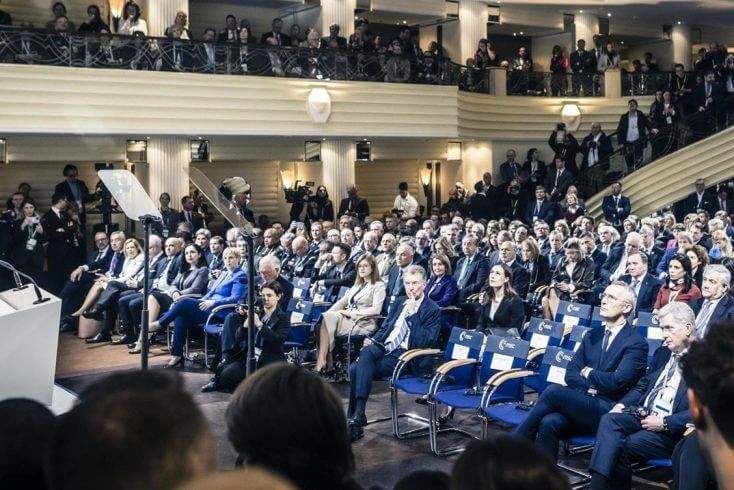Minsk was hoping that Poland’s October 15 election would present it with an opportunity to improve relations with Warsaw. It did not.
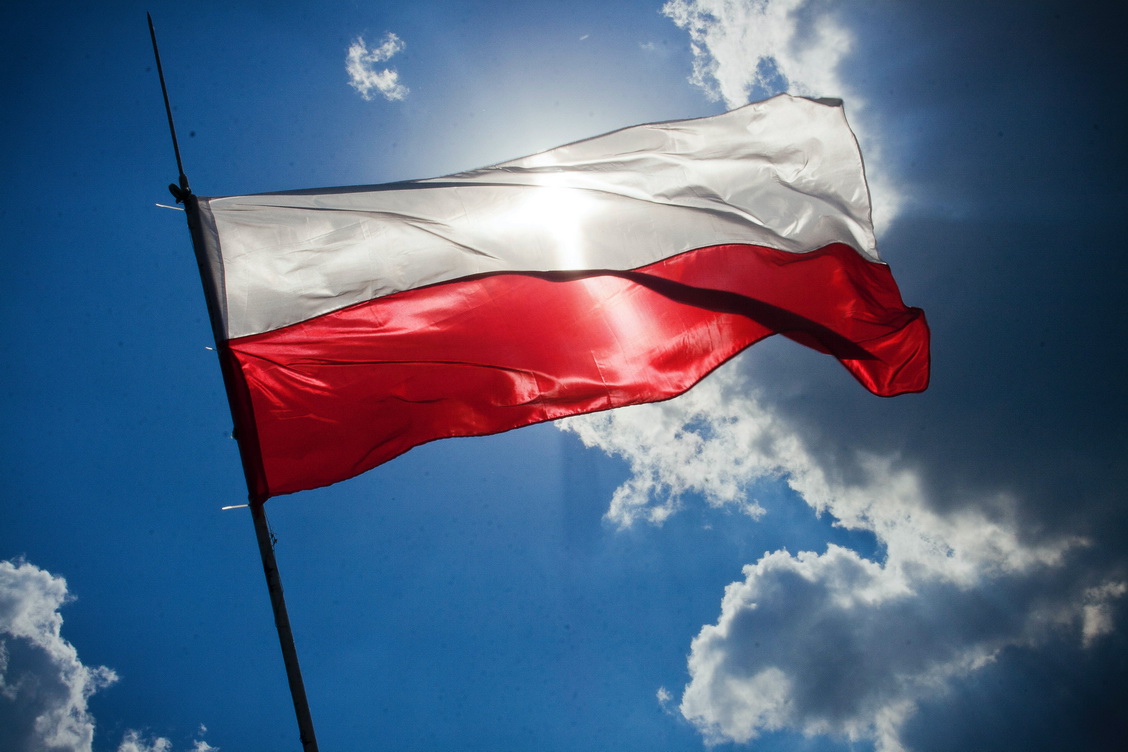
Strongman’s hopes for reset
Łukašenka was so excited in the run-up to the Polish race, as if he was planning to run. He would definitely be happy to influence the vote in the neighboring country.
On October 6, while touring the Brest region near the Polish border, he sounded like he was talking to Polish voters.
“We don’t want Poles to see us as strangers, as enemies. Our goal has never been a war or bad relations with the Poles. We don’t need that. . . . I don’t want Poles to think that Łukašenka is an enemy of Poland. . . . I don’t want Poles to think that their enemies live here. We have been and will be good neighbors to them.”
He was looking forward to the Polish opposition’s victory. He cited unnamed Polish diplomats as saying that “if new forces come to power, there is hope that there will be some kind of reboot.”
He noted major differences between the ruling Law and Justice (PiS) party and its opponents, Donald Tusk’s Civic Platform.
Łukašenka considers Polish President Andrzej Duda and Prime Minister Mateusz Morawiecki Washington’s lackeys on a short leash, and is expecting Tusk to act in the interests of Europe, not the United States. “He is, after all, a European man,” the Belarusian leader said.
Łukašenka said he hoped that Europe is more willing to deal with him than the US. “I very much hope, I feel in my gut, that Germany and Europe in general, including France, will also turn to us. If there is a new government in Poland . . . they will turn in this direction.”
He was euphoric when the opposition won. On October 27, he praised the Polish people, “Well done, Poles. I didn’t expect this. You just didn’t play this game with the PiS, who pissed their pants. Well done Poles, I praise the Polish people. Well done! They rubbed their noses in it and actually brought the opposition to power. Poland won’t be the same anymore.”
On November 11, the Belarusian ruler congratulated the Polish people on Independence Day and expressed hope that “Warsaw will listen to the voice of its citizens” and “consider the friendly hand of cooperation extended by Belarus.”
He interpreted the election results as a mandate from the Polish people for friendship with Minsk.
New Polish government extends hand to Cichanoŭskaja
The new Polish government, however, has expressly demonstrated its support for the Belarusian pro-democracy forces.
Opposition leader Cichanoŭskaja was given an emphatically cordial welcome in Warsaw in early January.
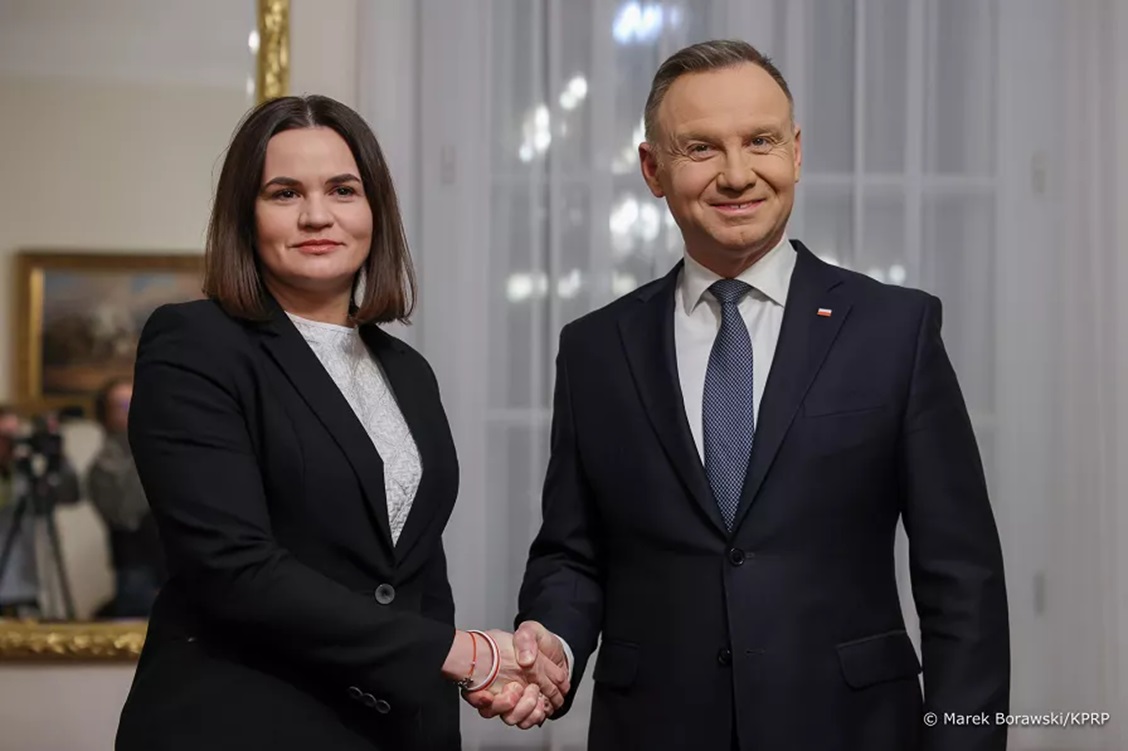
The Sejm speaker and Foreign Minister Radosław Sikorski addressed her “President Cichanoŭskaja.”
“I would like to assure Madam President and all members of the delegation that a free Belarus is in the interest of a free Poland, in the heart of a free Poland,” said the speaker, Szymon Gołownia.
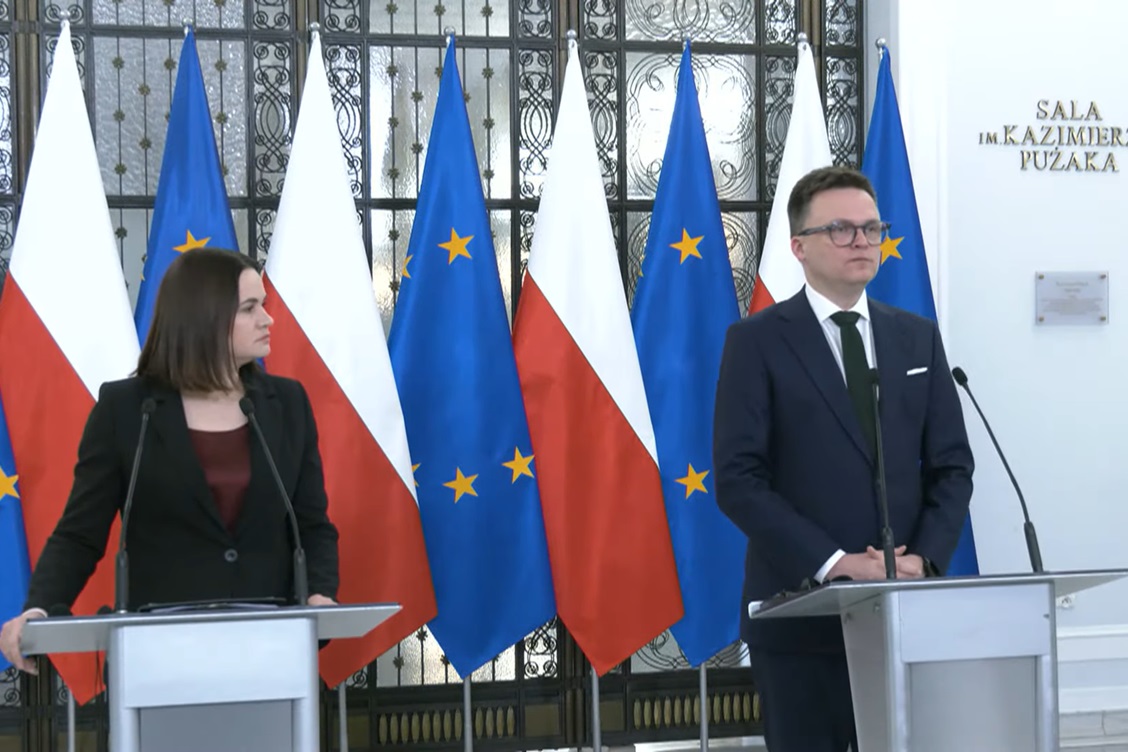
She also met with President Duda, the European affairs, education and sports ministers, the Warsaw mayor and diplomats from 35 countries.
The Polish parliament is set to hold a hearing on Belarus to adopt a resolution in support of Belarusians’ aspirations for EU membership and demand the immediate release of political prisoners and accountability for the Łukašenka regime.
Minsk responded angrily with ramping up the persecution of Pole’s Card holders. Secret services raided Polish language courses, and state media launched a rampant anti-Polish campaign.s
Standoff between Minsk and Warsaw continues
Contrary to the Belarusian ruler’s expectations, the opposition coalition’s victory only added to tension between Minsk and Warsaw.
Łukašenka, for his turn, is reluctant to change his hostile policy toward Poland and the West in general, expecting one-sided concessions from Western neighbors.
For some reason, he decided that Tusk’s pro-European stance would benefit Minsk. Perhaps he pinned too much hope on discord between the leading political forces in Poland, expecting the opposition to adopt a completely different policy towards Minsk.
Łukašenka is still not ready to send positive signals to the new Polish government, for example, to release Polish minority activist Andrzej Poczobut. To get the ball rolling in negotiations, he must make concrete steps, but he flatly refuses to compromise.

